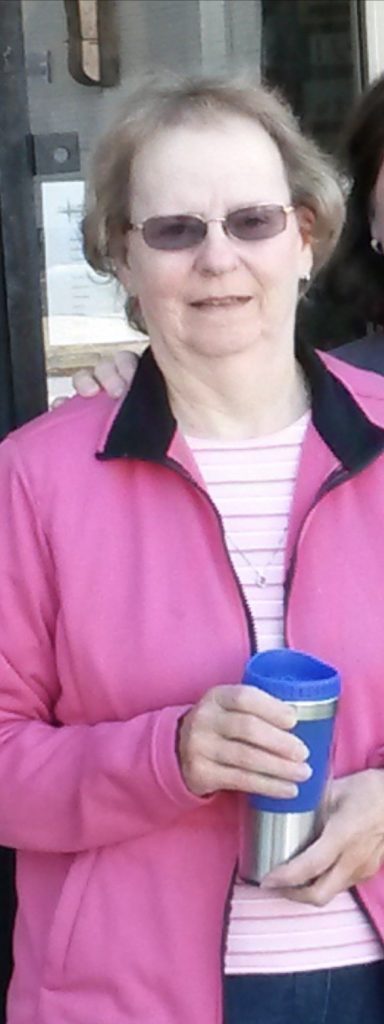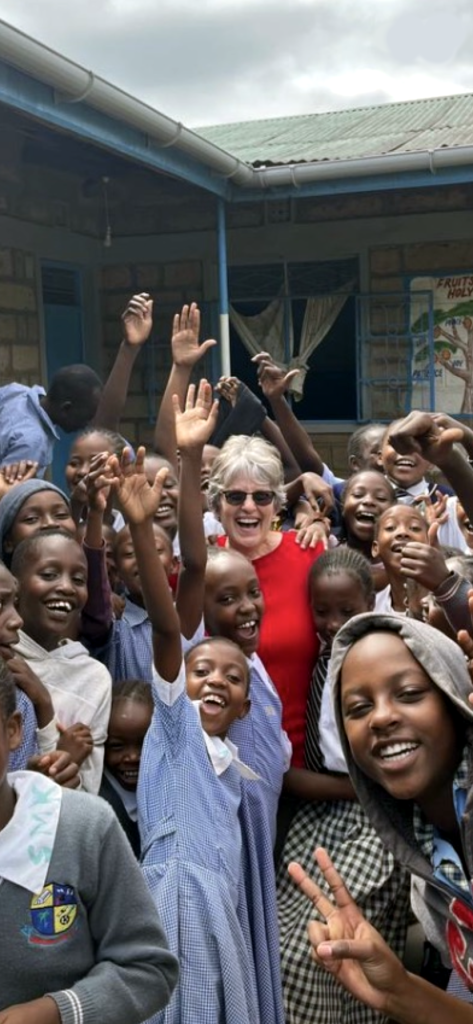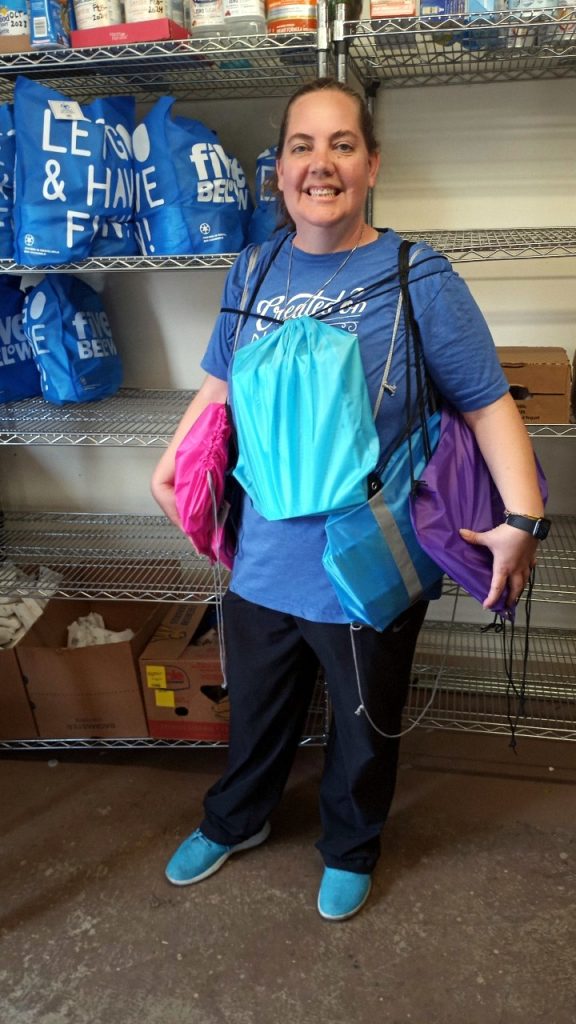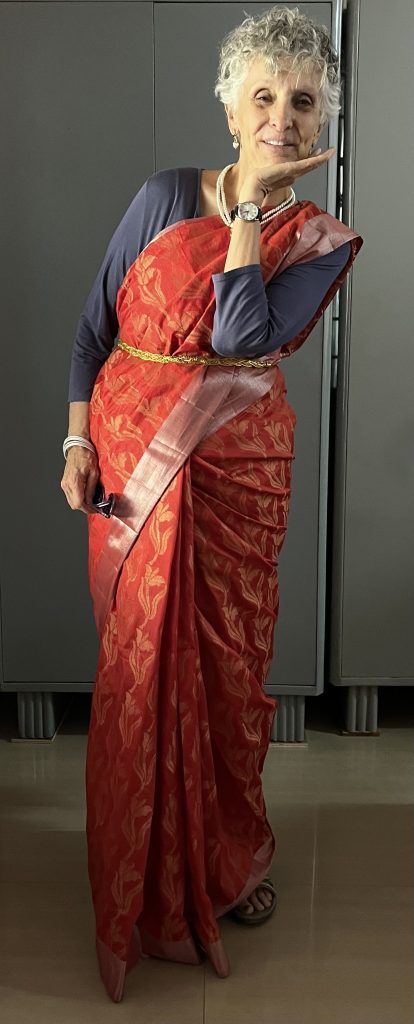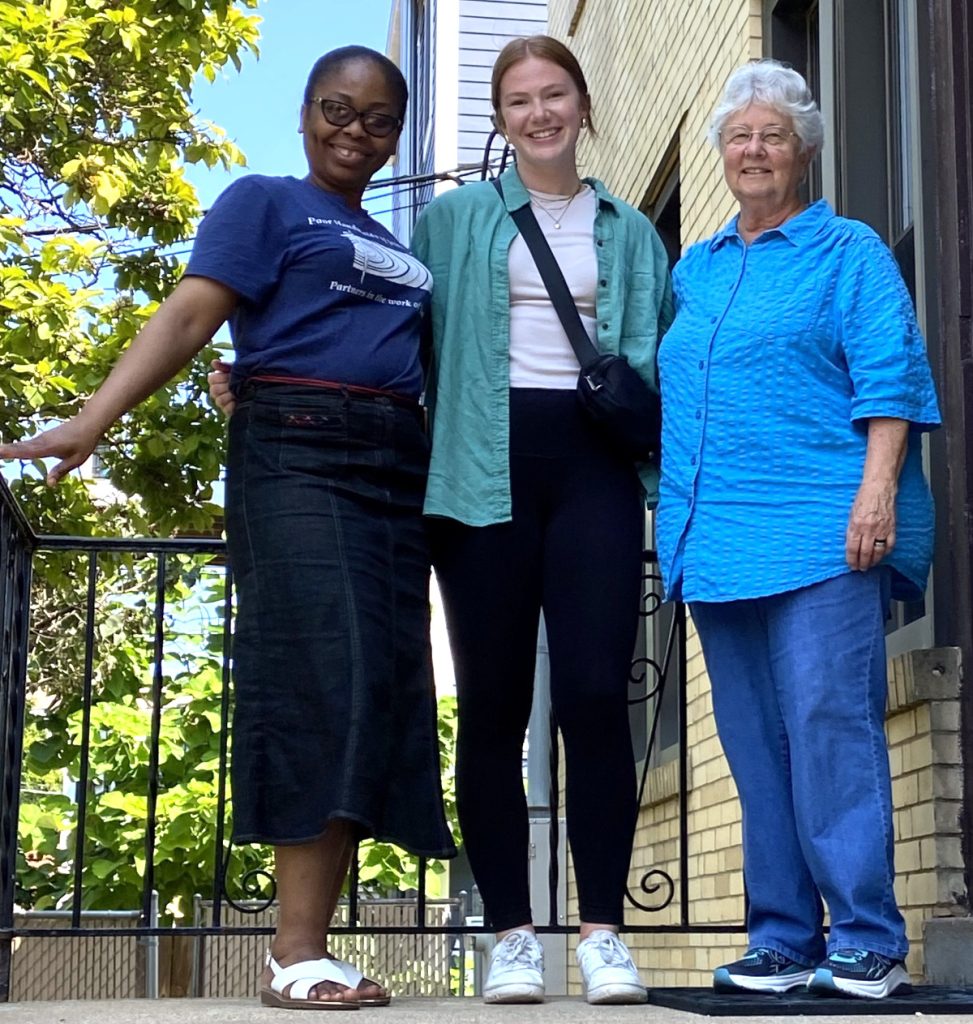
Abby Jackson, (center) helps two of our sisters clean their new convent in Chicago!



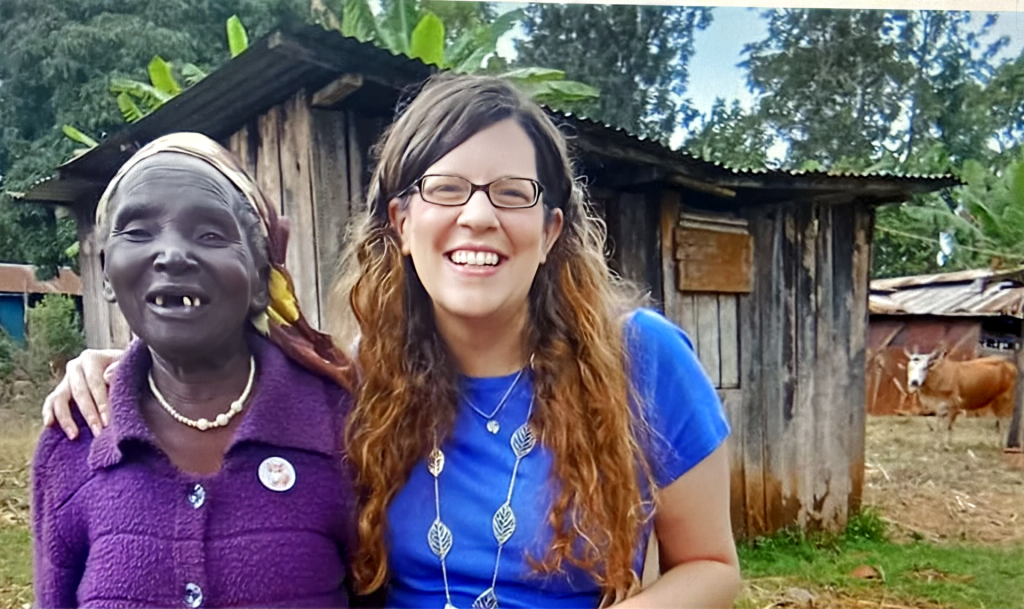
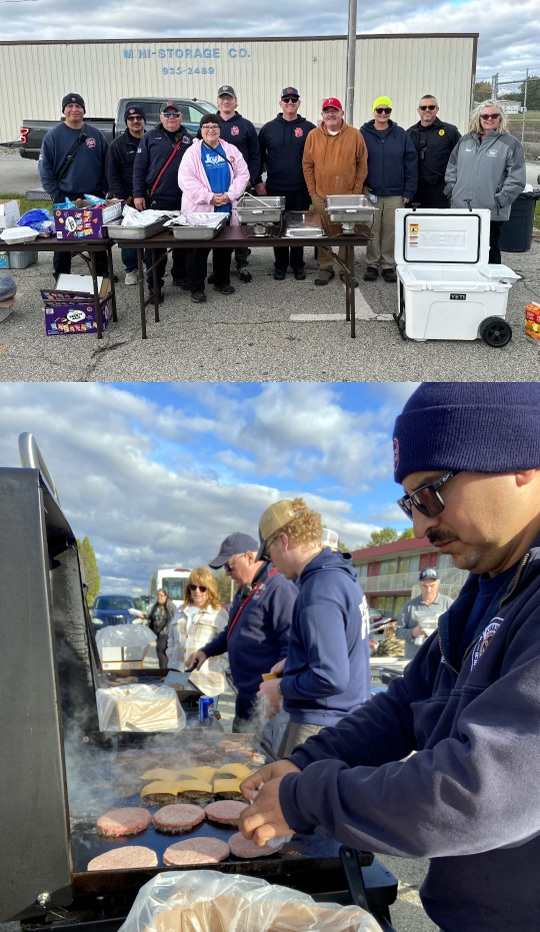
Since my retirement, missionary work has not only offered me opportunities to continue a pathway to serve and travel in Christ’s name, but also to give back for so many blessings throughout my life. Africa has always been a destination for me as a missionary and after much discernment and prayer, the Poor Handmaids of Jesus Christ answered my calling. Missionary work is not for the lighthearted. It demands giving your all, compassion, an open heart, non-judgmental service in sometimes primitive conditions, cultural acceptance, embracing the unfamiliar and an abundance of patience. My husband Tom and I chose a month of service in Meru, Kenya, where an orphanage, grade school and girls’ high school supported by the Poor Handmaids of Jesus Christ, with many needs welcomed us with open arms. The experience was life changing, a gift where we received more than we gave.


The name Africa is of Greek and Latin origin; however, its real name is Alkebulan – meaning Garden of Eden and Mother of mankind. Throughout our stay we were awed by the beauty surrounding us, the people that welcomed us everywhere we went, and the heartfelt warmth and spirit filled life of the PHJC community that shared their mission with us and gave us purpose. The rural area in Central Kenya where our mission for a month began is stark, but despite the grim circumstances we witnessed the resilience of the Kenyan people every day to overcome their impoverished circumstances and live a spirit-filled life was humbling. We arrived in Nairobi late at night, exhausted after an 18-hour flight with a four-hour stopover in Paris. Along with personal belongings, we carried two suitcases stuffed with school supplies, books, soccer balls, and a bag of tools to fix whatever was needed at the orphanage and schools. After staying the evening with the PHJC at their convent in nearby Thika, we rose early for the four-hour trip to the Saint Joseph Orphanage in Mitunguu, in Meru County. Driving through the rice fields, and landscapes of rolling hills, fields of corn and tall Bana grasses, roads lined with donkeys and cows grazing along the roadside, people and children heading to work and school, kept us glued to the windows as the everyday life of this heavenly piece of Kenya flew past us.
Caring Place St. Joseph Home for Orphans and Needy Children, has 44 boys ranging from four years to twelve years old. During our week and a half stay among these amazing children, staff and PHJC, was filled with fixing desks and chairs, building bookshelves, going to the Market for much needed food supplies, and playing football (soccer), with the children. Mass was attended by all the children, Sisters and villagers before the day began and it was a glorious experience to witness the song and dance that filled the rafters throughout every service. The PHJC Sisters at the orphanage watched over their children like guardian angels. The love and warmth they gave them was in abundance. Despite food shortages, and scarcity of water, little personal belongings, and lack of school supplies the children were fiercely protective of each other and bonded together as brothers and sisters. They shared everything from clothing, food, and whatever belongings they had. They played together, prayed, and sang together, and wiped each other’s tears when they spilled down their faces. Their faith and commitment to education was their common journey, and despite few books and meager supplies, they eagerly ran to their classes when the day began. Their smiles radiated whenever we saw the children and we could not get enough of their endearing hugs and smiles. They often followed us whenever we appeared, seemingly fascinated with who we were and what we were doing. It was pure joy to assist them with purchasing textbooks, material to make their uniforms and a day’s journey to bargain at the Market for much needed food supplies.


Our second stop was St. Francis of Assisi Day and boarding school. We were greeted with overwhelming excitement by the children who named us Mzungu, (white man) and McKenna, (Happy one), and surrounded us with their smiling faces wherever we went. They had never seen a white person, so we were a fascination. 512 children filled the complex, which was also a mini farm, with gardens for the children to work in, a few goats, cows, pigs, and a chicken project. The children all had chores to do as well as washing and drying their own clothing and bedding by hand. When chores were completed and studies were finished, it was off to the fields they shared with the goats to play football, which they did barefoot. The list of needed repairs was extensive, but top on the list was installing a door screen so the Sisters could say their morning prayers in their chapel without getting eaten alive by mosquitoes. We quickly went to work repairing the playground, so the swings and seesaws were usable. The students were enthralled with “Mzungu” and his “fixing”. Teaching the handymen, including Sister, to use the power tools was essential because when our mission was over, we were leaving these tools for their use. Our week and a half stay also included daily Mass, trips to the Market and fixing whatever we could, including bookshelves, more desks, computers, and swings. We were introduced to Chi tea (black tea in Swahili), Chapati flat bread, arrowroot, greens, beans and rice and occasional chicken stew. The Sisters were adamant; we eat three hearty meals and drink plenty of water. Praising the Lord before every meal, and after, either in song or prayer, was not just a ritual it was a spiritual connection to our missionary purpose.


Our last week and a half we spent with the Sacred Heart of Jesus Kinoro Girls Secondary School. The two hundred girls at the school attended grades nine through 12 with the hopes of going forward with their education at a community college or technical school. We found the school was in desperate need of doors for the girls’ lavatories and clothes lines so the girls could hang their clothes that they washed by hand. We were housed by the PHJC in Igoji and for the first time on our trip had the luxury of staying in a small apartment with hot water for showers.


We visited the St Anne’s Mission hospital and gave out desperately needed suntan lotion to the Albino children who also stayed at St. Lucy’s school for the Blind. The hospital only had one ambulance and one X-ray machine, medical supplies were sparce, but they could keep their doors open with the help of overseas volunteers and assistance from PHJC Sisters, to serve the community’s medical needs. We were able to finish many of the doors for the girls and assist with food resources, which is always a need. They have no well and, as the orphanage and St. Francis, use rain water for their source of water. The girls are proud of their school and despite a lack of textbooks and supplies their dedicated and ingenious teachers improvise to provide them with course work in all major studies including English, trigonometry, chemistry, history, and religion.


The highlight of our stay in Igoji was attending the house blessings with Father Philip. We spent a morning walking down the dirt roads with the villagers singing and drumming along as Father blessed the houses and fields of the villagers, culminating in an outside Mass. It was a glorious event that occurs twice a year. We ended our stay with the Kinoro girls gathering in song and dance to bid us farewell and despite their meager belongings, presented us each with a Kikoi, a vibrant colorful wrap.


We could not leave Kenya without taking a day for Safari. Ol Pejeta Conservancy is on the Equator, and we were delighted with the sights and sounds of Kenya’s national treasure as the guide drove us through fields where Cheetas, Elephants, Gazelles, Hyenas, Rhinos, Water Buffalo, and Lions to name a few of the wild animals that called the 99,000-acre conservancy its home. The guide instructed us on the dangers these beautiful animals face from poachers who hunt them for their ivory tusks (Rhinos), and hands (Cheetas), killing and maiming hundreds. They are their protectors for now, the Lords overseers so others can enjoy their magnificence.
Leaving Kenya, the children, the holy fathers, and dedicated Sisters of the Poor Handmaids of Jesus Christ, was not easy. There is still so much to do and contribute to ensure the orphanage and schools the PHJC supports thrive and their children grow, as the Lord guides each of them to become Kenya’s story of prosperity and success. My husband and I will be forever humbled and grateful for the experience of our Kenyan mission, our faith strengthened and a resolve to serve in Christ’s name for as long as we are able.
